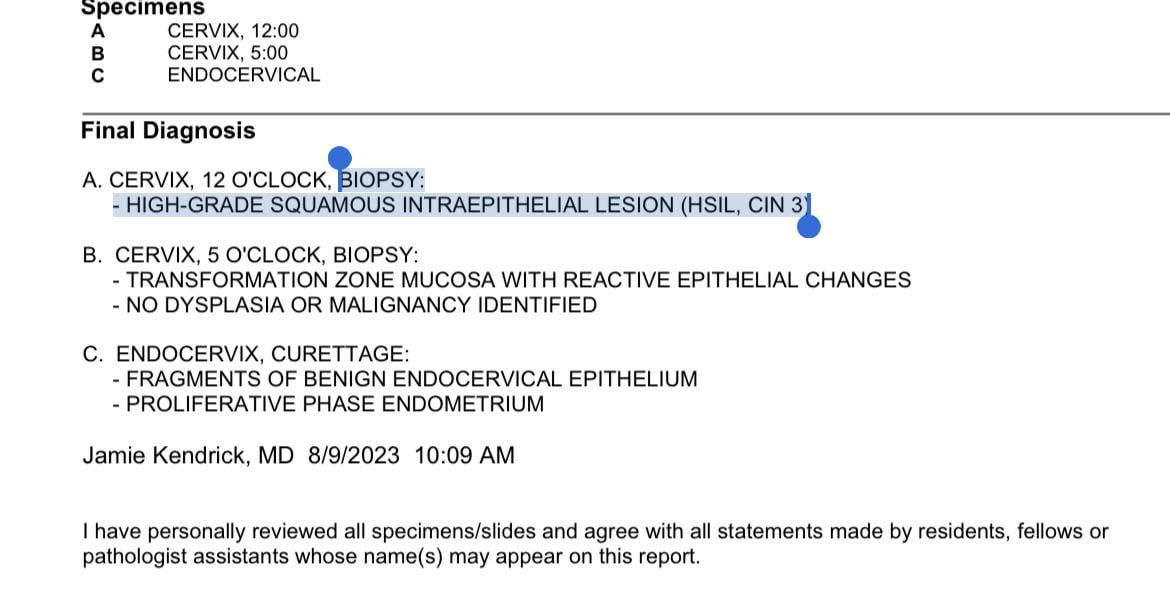Brushing Teeth With Just Water

The notion of brushing teeth with just water has garnered significant attention in recent years, prompting a mix of curiosity and skepticism among dental health enthusiasts and professionals alike. At the heart of this discussion lies a fundamental question: Can water alone effectively clean and maintain the health of our teeth, or is this practice a detriment to oral hygiene? To delve into this topic, it’s essential to consider the historical context of oral care, the scientific basis of tooth cleaning, and the implications of using water as a sole agent for brushing teeth.
Historically, the practice of oral hygiene has evolved significantly. In ancient civilizations, twigs, chewed at one end to create a brush-like texture, were used for cleaning teeth. The introduction of the toothbrush, as we know it today, is attributed to the Chinese during the Tang Dynasty, with bristles made from boar or horse hair. The use of water in oral hygiene practices dates back to these early times as well, where it was valued for its cleansing properties. However, the addition of toothpaste, with its abrasive and chemical properties designed to remove plaque, bacteria, and stains, has become a cornerstone of modern oral care.
From a scientific standpoint, the primary goal of brushing teeth is to remove plaque—a biofilm of bacteria—that forms on tooth surfaces. Plaque is a significant factor in the development of dental caries (cavities) and periodontal diseases (gum diseases). Toothpaste contains ingredients such as fluoride, which helps strengthen tooth enamel and prevent decay, and mild abrasives, which assist in removing plaque and surface stains. The debate surrounding brushing with just water hinges on whether water can effectively remove plaque and maintain oral health without these additional components.
Proponents of brushing with just water argue that modern toothpastes can be too abrasive, leading to gum recession and tooth wear over time. They also suggest that the fluoride in toothpaste can be harmful in large quantities, although this is highly debated and generally considered safe within recommended usage. Furthermore, some advocate for a more natural approach to oral care, citing the potential for toothpaste ingredients to disrupt the oral microbiome or cause sensitivity.
On the other hand, dental professionals generally recommend the use of fluoride toothpaste as part of a comprehensive oral hygiene routine. Fluoride has been proven to be highly effective in preventing tooth decay and is considered safe for use in toothpaste by numerous health organizations worldwide. The removal of plaque, a critical aspect of preventing gum disease and tooth decay, is also more effectively achieved with the use of toothpaste, as water alone may not adequately disrupt and remove plaque biofilms.
A comparative analysis of studies on oral hygiene practices reveals mixed results regarding the efficacy of brushing with just water. Some research indicates that while water can remove loose food particles, it may not sufficiently reduce plaque and gingivitis as effectively as brushing with toothpaste. However, other studies suggest that the mechanical action of brushing itself, regardless of the use of toothpaste, plays a significant role in plaque removal and oral health maintenance.
In conclusion, while brushing teeth with just water may have some benefits, such as avoiding potential harsh chemicals in some toothpastes and promoting a natural approach to oral care, the scientific consensus supports the use of fluoride toothpaste as a crucial component of an effective oral hygiene routine. The addition of toothpaste to water provides enhanced cleaning capabilities, including the removal of plaque, prevention of tooth decay, and strengthening of tooth enamel. For those considering alternative oral care practices, it’s essential to consult with a dental health professional to understand the potential implications and to develop a personalized approach that meets individual oral health needs.
FAQ Section
Is brushing teeth with just water effective for removing plaque?
+While water can help remove loose food particles, it may not be as effective as toothpaste in removing plaque and preventing gingivitis. The mechanical action of brushing is beneficial, but the ingredients in toothpaste, such as fluoride, play a critical role in oral health maintenance.
What are the potential downsides of using toothpaste?
+Some potential downsides include the risk of fluoride toxicity if ingested in large amounts, although this is rare with normal use. Additionally, some toothpastes can be too abrasive, leading to enamel wear and gum recession over time. It's essential to choose a toothpaste with the ADA Seal of Acceptance, which indicates it has met standards for safety and effectiveness.
Can I use water as a substitute for toothpaste if I have sensitive teeth?
+For individuals with sensitive teeth, it might be tempting to avoid toothpaste due to potential irritation. However, there are toothpastes specifically designed for sensitive teeth that can help alleviate this issue. Using water alone might not provide the necessary protection against decay and plaque. It's recommended to consult with a dentist to find the most appropriate toothpaste for your needs.
The decision to brush teeth with just water or to use toothpaste should be made with a comprehensive understanding of the potential benefits and drawbacks. By considering the historical, scientific, and practical aspects of oral hygiene, individuals can make informed choices about their dental care routine. Ultimately, maintaining good oral health requires a multifaceted approach, including regular brushing, flossing, dental check-ups, and a balanced diet. Whether water or toothpaste is used, the key to a healthy smile lies in consistency, knowledge, and a commitment to one’s oral well-being.


